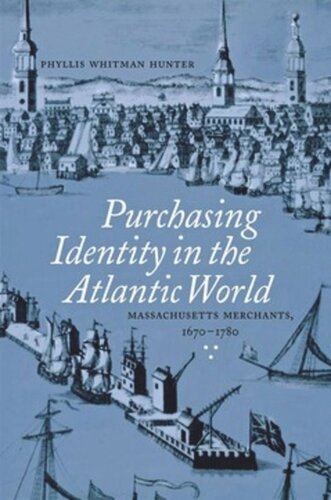

Most ebook files are in PDF format, so you can easily read them using various software such as Foxit Reader or directly on the Google Chrome browser.
Some ebook files are released by publishers in other formats such as .awz, .mobi, .epub, .fb2, etc. You may need to install specific software to read these formats on mobile/PC, such as Calibre.
Please read the tutorial at this link: https://ebookbell.com/faq
We offer FREE conversion to the popular formats you request; however, this may take some time. Therefore, right after payment, please email us, and we will try to provide the service as quickly as possible.
For some exceptional file formats or broken links (if any), please refrain from opening any disputes. Instead, email us first, and we will try to assist within a maximum of 6 hours.
EbookBell Team

4.4
42 reviewsAmericans have always had a love-hate relationship with possessions. Early Americans suspected luxuries as a corrupting force that would lead to an aristocracy. In Purchasing Identity in the Atlantic World, Phyllis Whitman Hunter demonstrates how elite Americans not only became infatuated with their belongings, but also avidly pursued consumption to shape their world and proclaim their success. In eighteenth-century New England harbor towns, the commercial gentry led their communities into full participation in a flourishing Anglo-American consumer culture. Affluent traders constructed roads, wharves, and warehouses, built mansions and assembly buildings, adopted new forms of sociability, and fostered the rise of the public sphere. Using case studies of influential merchant families, Hunter brings alive the process by which Boston and Salem evolved from Puritan towns dominated by families of English origin to Georgian provincial cities open to a diversity of religious affiliations and European ethnicities. Hunter then explores how revolutionary politics overturned polite society and transformed the meanings of possessions. Patriots threw tea to the fish in Boston Harbor, donned homespun at Harvard commencements, and transformed a silver punch bowl into an icon of liberty. The wealthy either espoused republican values and muted their material displays or fled to exile. Purchasing Identity in the Atlantic World,reveals a critical link in the complex relationship between capitalism and culture: the process by which material goods become symbols of profound social and cultural significance.